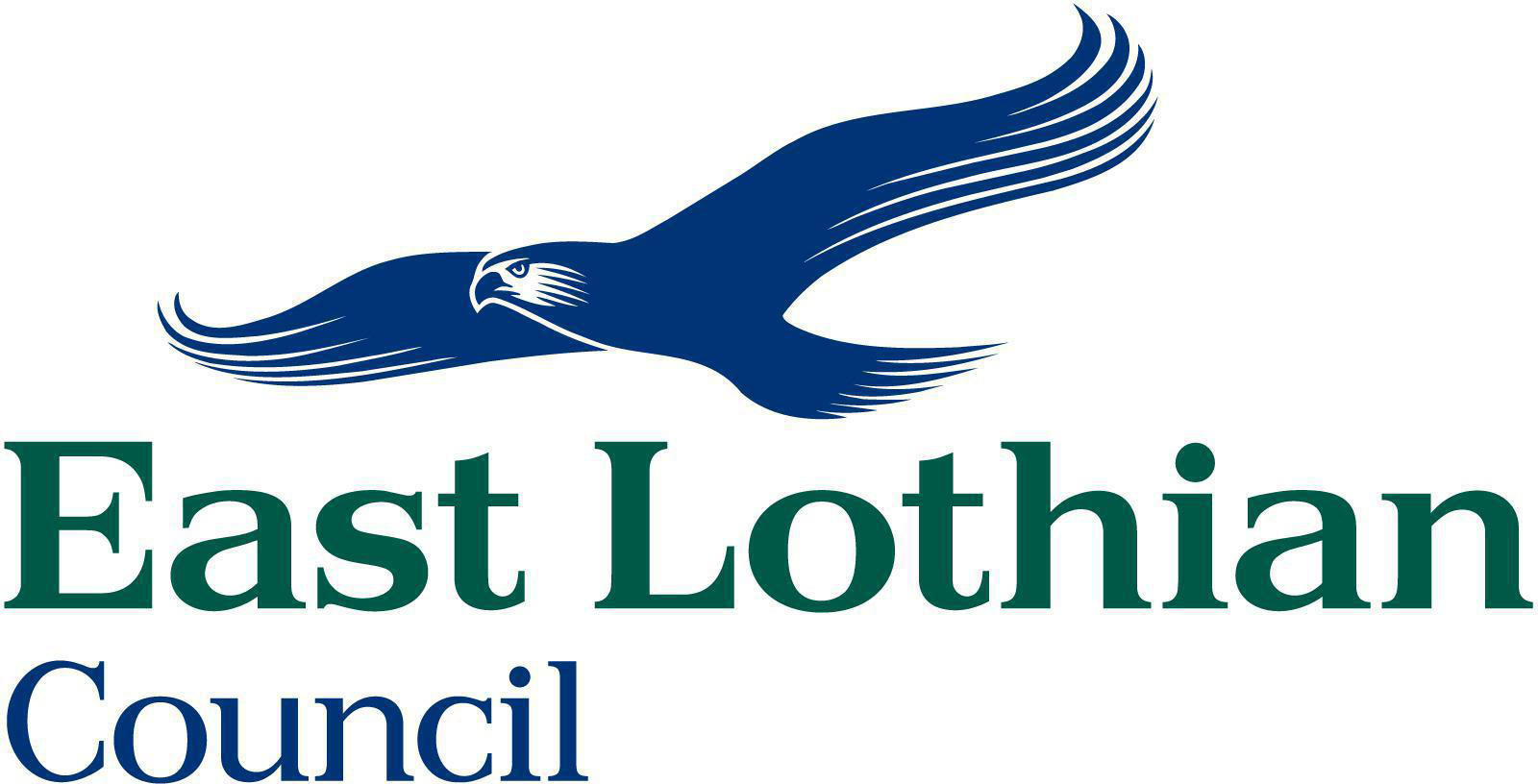East Lothian Council seeks to implement poverty plan actions

Efforts to tackle poverty are being stepped up following approval of East Lothian Council’s Poverty Plan.
The plan, approved by councillors in November, was drawn up by a multi-agency group including representatives from key council services, NHS Lothian and community and voluntary groups.
It is based on the recommendations from the final report of the East Lothian Poverty Commission, taking into account all the work that has been undertaken to tackle poverty since the report was published in 2017 and the impact of the COVID-19 pandemic over the last 18 months.
The draft plan is based around seven themes:
- In Work and not in Poverty – free from in work poverty
- Financially Included
- Having a Home
- Educated
- Healthy and Well
- Connected
- Empowered and Responsible
It includes an action plan, setting out 49 objectives/ actions that should be prioritised over the next two years.
The plan is based on a prevention and early intervention approach to tackling poverty. The main causes of poverty are lack of income from unemployment and low wages – in-work poverty. As a result, the first two outcomes of the plan, ‘Working and free from in-work poverty’ and, ‘Financially included’, are aimed at preventing poverty. If people are not able to work and have to rely on benefits then the next priority is to ensure they are not financially excluded and can access the benefits to which they are entitled.
Other measures in the plan are based on early intervention to support people who fall into poverty or to mitigate the impact of poverty. These include tackling fuel poverty, reducing the poverty related attainment gap, providing affordable, warm homes and tackling health inequalities.
The new East Lothian Poverty Partnership which will hold its first meeting in February. This will bring together public sector agencies, voluntary organisations and community groups to combine efforts to tackle poverty, monitor how the plan is being implemented and give the council and East Lothian Partnership the views of people with lived experience of poverty.
The council is also increasing its Scottish Welfare Fund budget by £350,000 to increase support provided in Crisis Care Grants and the new Fuel Poverty Fund to people in financial difficulty and facing hardship due to rising fuel costs.
Councillor Norman Hampshire, council leader, said: “Addressing the root causes of poverty and taking positive actions focused on prevention, as well as helping people out of poverty, is key to helping East Lothian residents and communities to flourish.
“This, I firmly believe, is a moral duty as well as a practical undertaking. Since the initial report of the East Lothian Poverty Commission in 2017 we and our partners have put considerable efforts into addressing the issues it raised.
“None of us could ever have imagined the impacts that the COVID-19 pandemic would have, and continues to have, on our society. In particular it has had a profound impact on the livelihoods, opportunities and wellbeing of our citizens who are living in poverty. The plan acknowledges all the hard work and effort and additional funding that has been devoted since the start of the COVID-19 pandemic to support individuals and communities that have faced financial and food insecurity and growing levels of poverty as a result of the COVID pandemic lockdown.”
He added: “That’s why the launch of our new poverty plan is so important - to ensure it responds to these challenge: addressing the experiences of the last 18 months alongside broader issues including housing and employment.
“We believe that the actions detailed in the plan can help us address real and significant challenges facing families right now, including fuel poverty, the attainment gap and health inequalities. I welcome increased support through Crisis Care Grants and the new Fuel Poverty Fund.
“The contributions of the East Lothian Poverty Partnership can also have a positive impact on this work, providing vital perspective from people with lived experience of poverty.”



